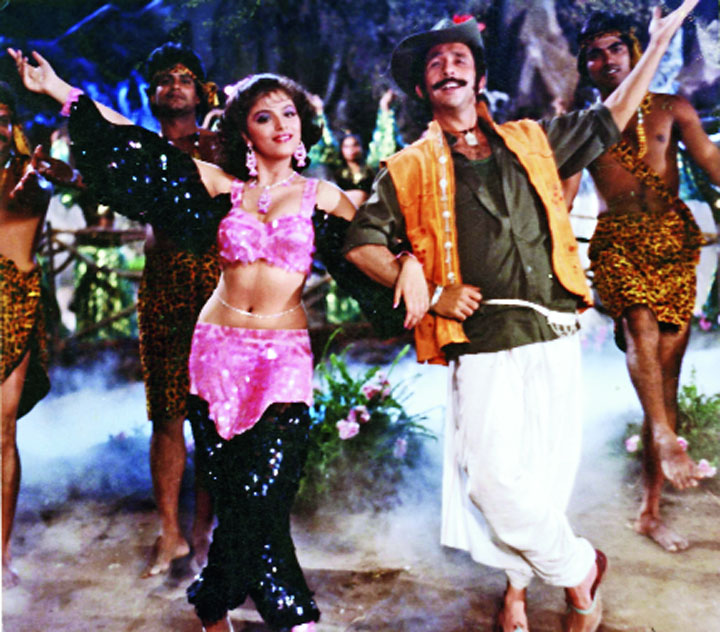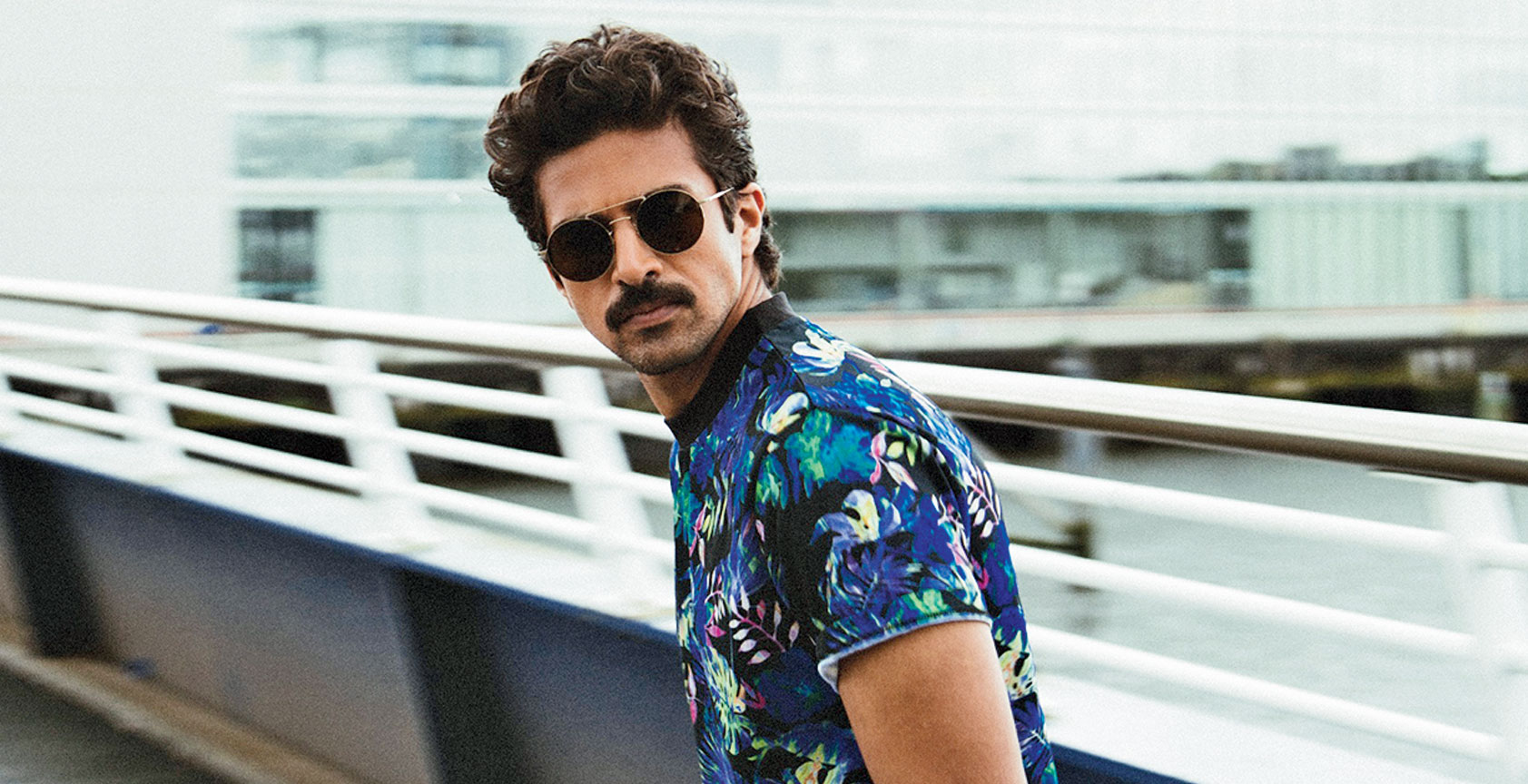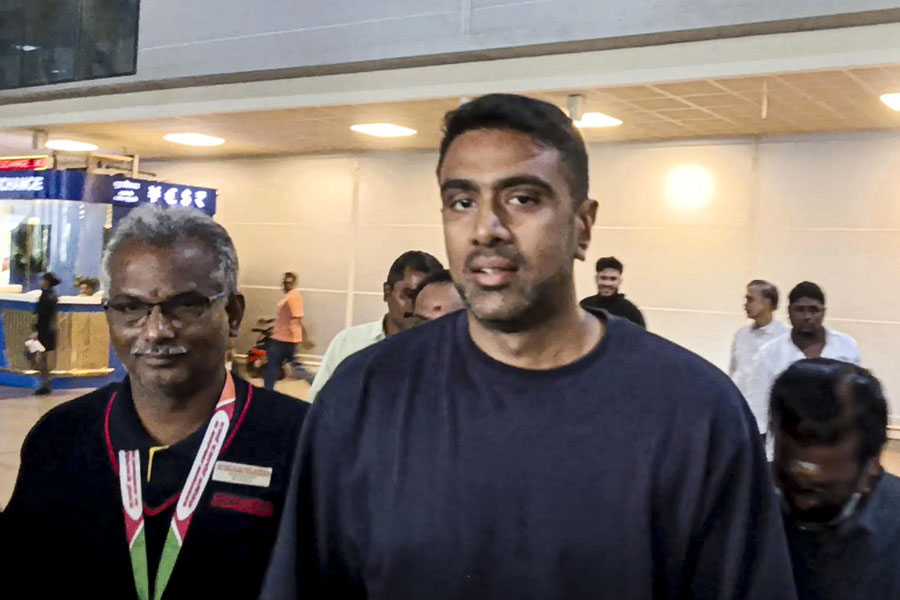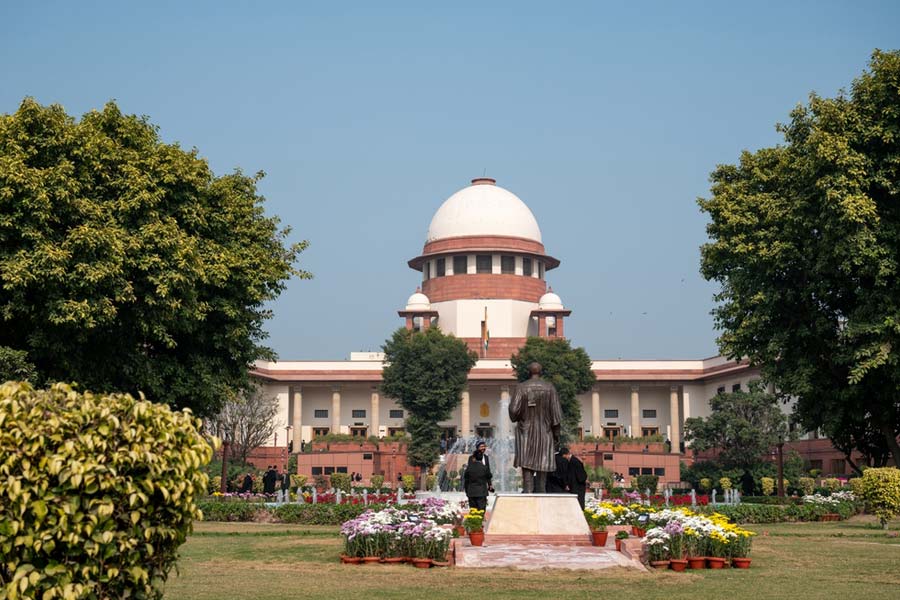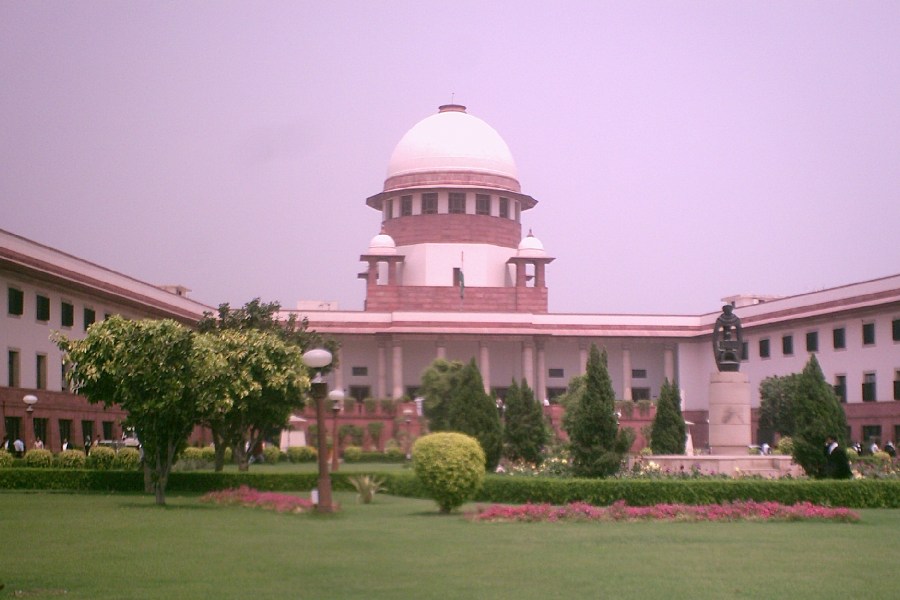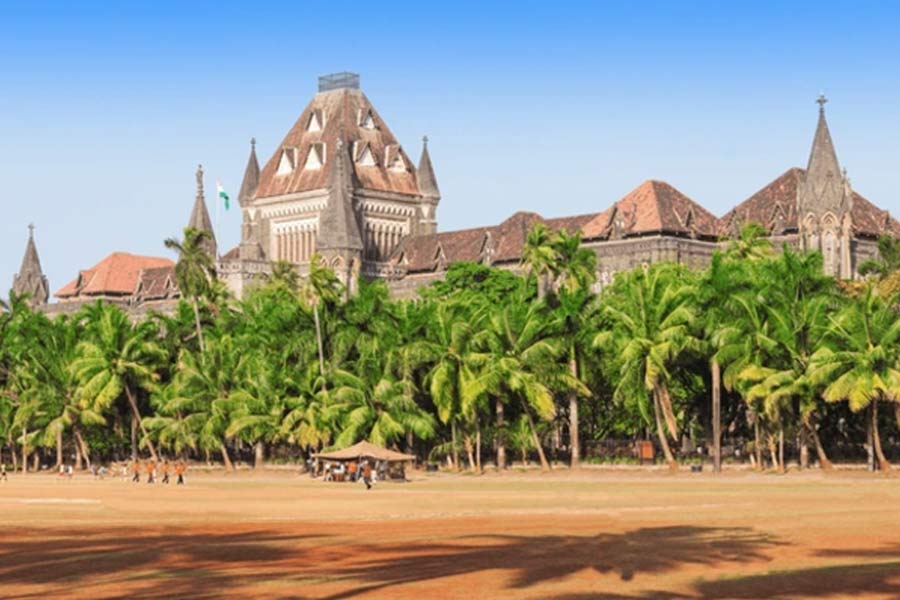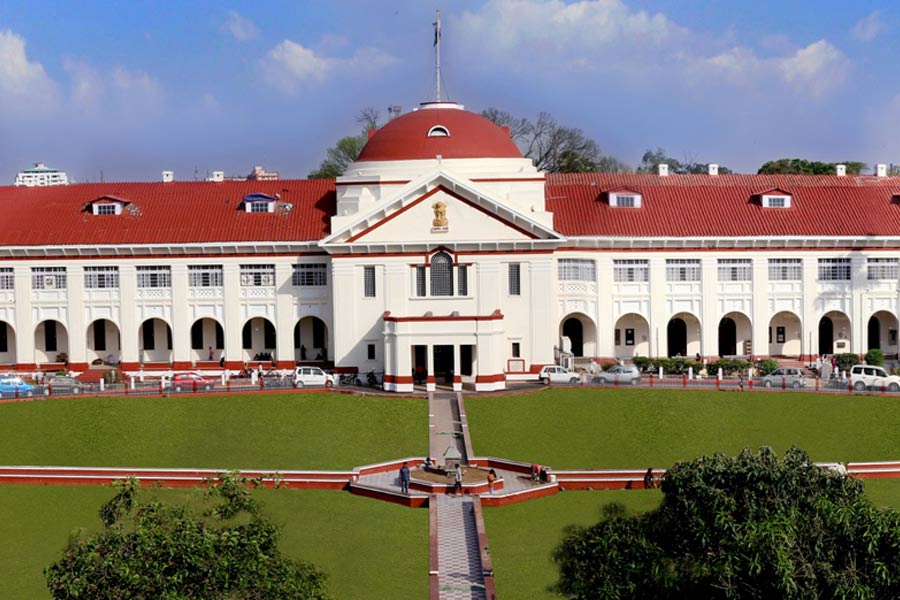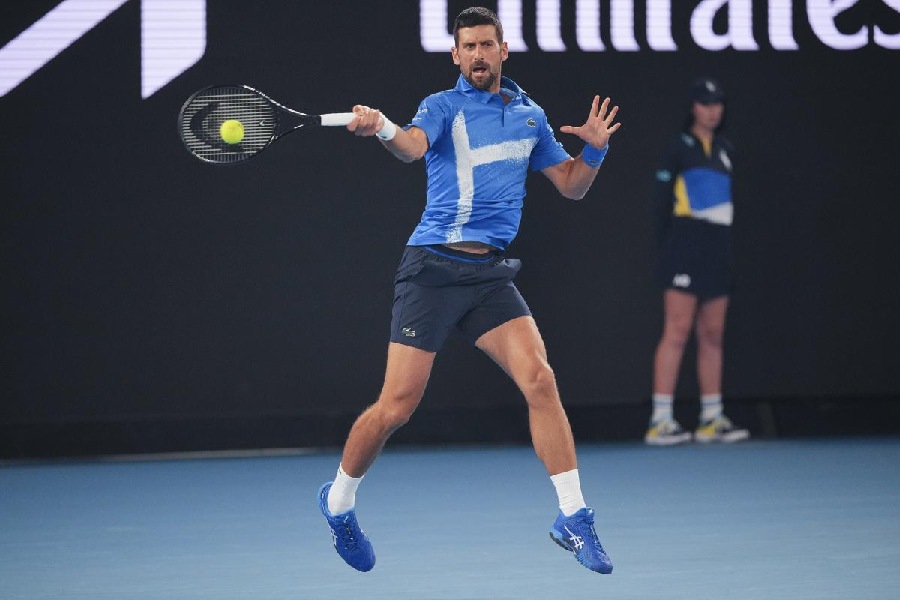The last year of the 1980s was arguably the most successful of the decade, with blockbuster films turning newbies into overnight sensations and actors into bankable stars. One such film was Tridev, which shares its release date with The Telegraph’s birthday!
2019 marks 30 years of the film that has attained cult status over the years.
Tridev was directed by Rajiv Rai, son of producer-distributor Gulshan Rai of the famed Trimurti Films. Rajiv Rai’s signature style was giving the audience a smartly made film with taut screenplay and modern music with catchy songs, quite like two of his contemporaries, Pankaj Parashar and Raj N. Sippy. Incidentally both these directors had their films released in the same year — the huge success that was Chaalbaaz and Mahaadev, which had a moderate run.
Rajiv Rai’s directorial debut was Yudh (1985), a stylishly made film with excellent music by the famous Kalyanji-Anandji music duo, but it wasn’t a box office hit. Unfazed, Rajiv made Tridev with Jackie Shroff (the hero of Yudh), Sunny Deol, and took a risk by picking Naseeruddin Shah for the third lead male role.
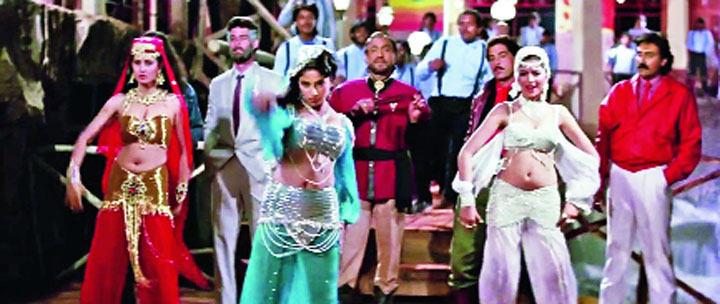
Sangeeta Bijlani, Madhuri Dixit and Sonam in a scene from the blockbuster (Still from the movie)
Before Tridev, Naseer wasn’t really acknowledged by the audience as the action hero who’d also woo his lady love by singing and dancing. The failures of Jalwa and Hero Hiralal didn’t help his cause. All that changed with the resounding success of Tridev.
Jai Singh — the country bumpkin with a heart of gold and fists of steel — won over the heart of not just Renuka, his object of affection, but also of the audience. Sonam, the reel life love of Naseer, turned into the real life love of Rajiv Rai who got married to her soon after. Interestingly, Raza Murad, her real-life uncle, played the role of her father, the corrupt minister.
Amrish Puri was menacing as the principal villain with a dual persona — Daku Bhairav Singh and Bhujang (incidentally the antagonist of Rai’s earlier film also had a dual persona in Gama Mateen and Chinoy). Rai’s baddies have always had a larger than life image, and each of them — whether it be Gama Mateen, or Bhujang, or Ajgar Jurrat or Jindal — has a cult following among those who’d grown up in the 80s and 90s.
A key factor behind the resounding success of Tridev was its music, and though Viju Shah, son of Kalyanji Virji Shah, is mentioned in the credits as a music conductor, it is evident from the background score and the songs that he had a big role to play.
The title intro, narrated by Naseeruddin, with the tune of Pet Shop Boys’ One More Chance playing in the background, is a major highlight of the film. Oye Oye (a copy of Gloria Estefan’s Rhythm Is Gonna Get You) was one of the biggest hits of the year, and achieved such levels of popularity that it was used in a B-Tex ad featuring Ravi Baswani and has had at least a couple of remixes used in films made over the last three years. It was the breakthrough song of Swapna Mukherjee. Alisha Chinai’s Raat Bhar Jaam se had a lascivious feel to it, and in its picturisation too, interestingly quite similar to Husn Ke Lakhon Rang from Johny Mera Naam, another Trimurti Films hit.
Tridev has such a fresh feel to it that even if it is re-released today, it will have moviegoers thronging halls and plexes to watch it.

